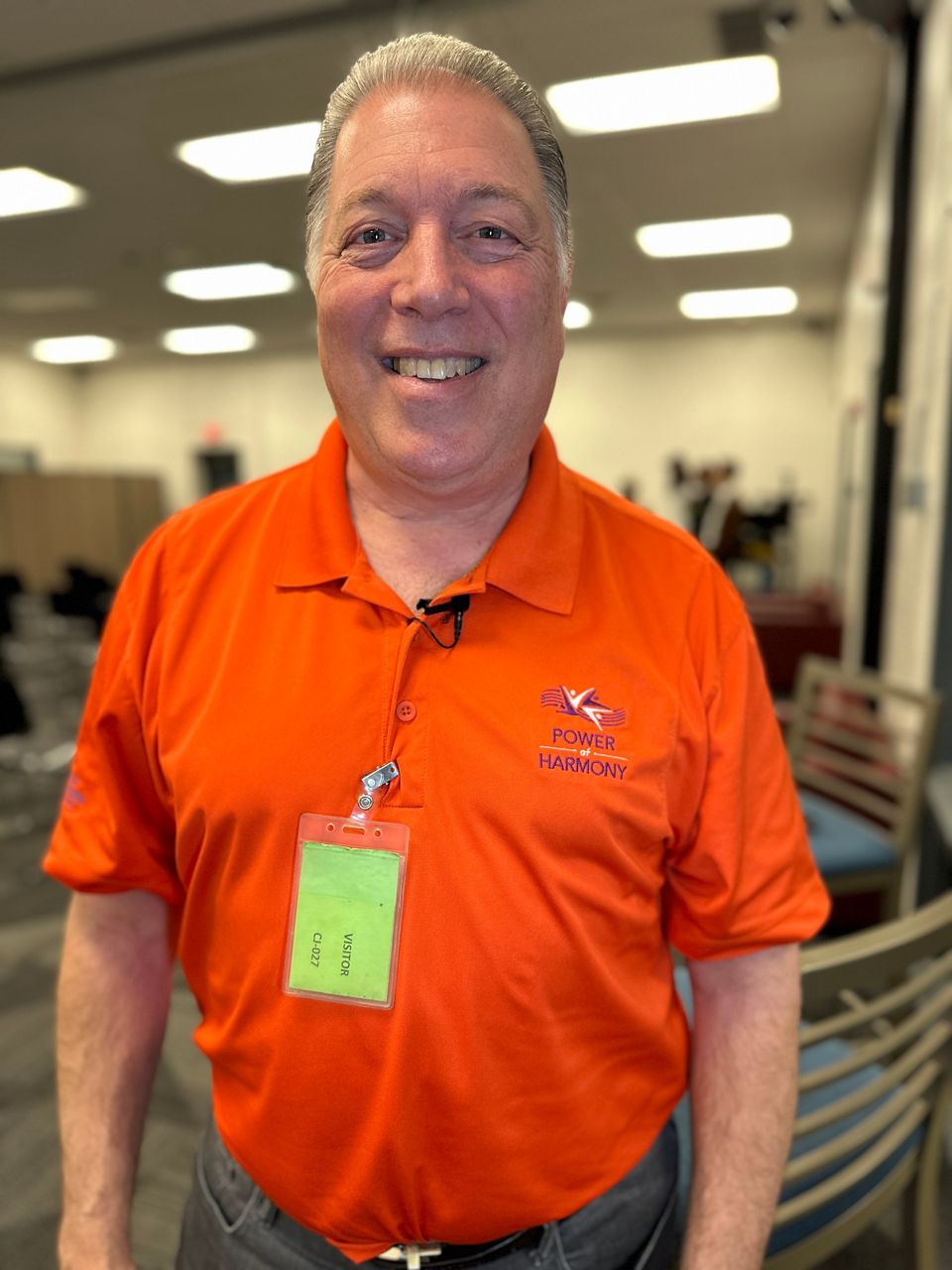CLEVELAND — William Aiken, a Cleveland resident, is a successful content creation business owner at 23. He’s a photographer and social media marketing specialist.
“I love doing what I do,” Aiken said. “As long as I have my camera in my hand, I'm a happy guy.”
But his path wasn’t always straight and narrow. His family is from Jamaica, and he’s the first member of his family born in America. He said he had a lot of struggles growing up and in his younger years, he wasn’t on the best path.
“I was a bad student, I skipped a lot of class,” Aiken said. “I didn't have the greatest academic path. I was always, you know, messing around with the kids, getting kicked out of class.”
But he credits one thing to keeping him on track, and that’s music. He fell in love with the musical style barbershop where a group of four singers each sing one vocal part. His high school had a barbershop program, and he’s been singing with his quartet “Fashionably Late” for nearly 10 years now. They compete internationally.

“Our singing category is 26 and below, so for that age category we are ranked 18th in the world,” Aiken said.
Singing changed his trajectory in life and now part of his mission is to educate others on how it can change theirs. His quartet volunteers with a program called the Power of Harmony, offered through the nonprofit Harmony Foundation International. They perform at juvenile correctional facilities throughout the state. The program introduces incarcerated youth to different types of music and positive role models. Dennis Castiglione started it in 2019 and is now expanding it nationwide.
“I like to say the Power of Harmony is an anti-recidivism program that uses music as our core competency, so we're trying to find something for them to be able to express themselves creatively, and give them a different avenue to stay out of the train that they were on, that got them into trouble in the first place,” Castiglione said.

Every Monday, Castiglione and a small team expose the incarcerated youth to different forms of music, from reggae, to jazz, to blues and gospel. They teach the youth the fundamentals of rhythm, melody and harmony through live performances, formal education, youth participation and adult mentorship.
“And we're doing it with youth to be sure we keep them out of the adult system," Castiglione said. "That's a big part of this. I think the key is that once they go behind bars, they're a forgotten population. And the people that are here with them are doing their best to try to help them build themselves and grow so they can return to society and have a reasonable start. But the re-entry is the most difficult because they're frightened. They don't know exactly where to go to stay out of trouble. And music is one of those things that we believe can be a key component for them.”
Castiglione hopes to give the young men something productive to fill their free time with. Although he said many of them laugh at first, Joshua Stone, the Chaplain at the Circleville Juvenile Correctional Facility, said they eventually come around.
“They love it,” Stone said. “I think for a lot of them there's a hidden talent there that they didn't even know that they had, and to come together again and sing together as a group. Oh, yeah, for sure. It's definitely brought a lot of life, a lot of new hope, creativity.”
They believe there’s a transformative power in singing. It helped lead Aiken to a better life.
“Music is very powerful, and it changes people's lives,” Aiken said. “And I think sharing music is, is really special. With different communities, different cultures. Music changes how we feel, music can change our mood. Music can change our environment.”
Aiken wants to educate these young men that they don’t have to be a statistic, and that they too can change their life with the power of music.
“I want to be a living example to show them that they can do whatever they want,” Aiken said. “When they get out, they can go 'oh, man, I can sing with those guys. I can do what they did.' Maybe he was someone that didn't have anything to look forward to, but music kept him strong. And that's the power of music and the power of harmony.”
For more information about the Power of Harmony, click here.



